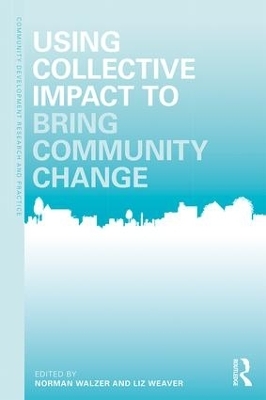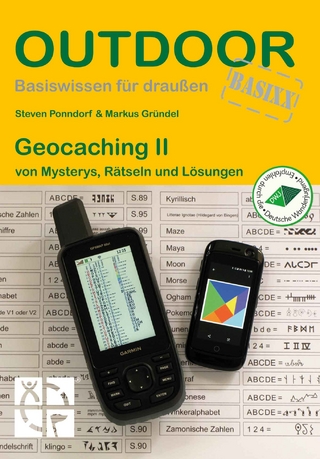
Using Collective Impact to Bring Community Change
Routledge (Verlag)
978-1-138-68257-3 (ISBN)
Collective Impact as a tool to bring about community change has seen remarkable growth in usage since 2011. Collective Impact has been used successfully with a variety of local issues and has raised the consciousness of how community groups interact as well as the approaches that can lead to long-term innovations.
This edited volume sets forth conceptual foundations for using Collective Impact as well as sharing basic approaches that have succeeded in projects under diverse circumstances. It will be useful for both academics and practitioners as Collective Impact continues to undergo substantial changes in focus and direction. Building on Kania and Kramer’s influential work, it provides readers with detailed insights not only into how the Collective Impact system works but also innovative applications to issues facing community developers. The diverse topics shared by the contributing authors make this volume especially important for practitioners designing programs to bring about long-term changes in their communities.
Including discussion about how Collective Impact has succeeded in different governmental settings, this book demonstrates how Collective Impact has been modified to accommodate the associated cultural differences with 10 chapters written by experienced on-the-ground community development experts.
Norman Walzer, PhD, is Senior Research Scholar in the Center for Governmental Studies at Northern Illinois University, DeKalb, Illinois. He co-edited a previous research volume on Collective Impact and community development issues. He also has actively researched local economic development issues including community supported enterprises as well as the impact of governmental structure on local public finance. Liz Weaver, BA, MM, is Vice President and Director of Operations with Tamarack Institute. Liz provides strategic direction to the organization and leads many of its key learning activities including Collective Impact capacity building services for the Ontario Trillium Foundation. She is a nonprofit organizational professional with experience in leading cross-sector, place-based collaborations on poverty at local and national levels.
Chapter 1. Changing Roles and Practices of Collective Impact Applications Chapter 2. Conceptual Foundations for CI Uses Chapter 3. Network Agreements: Co-Designing Principles that Influence Network Culture Chapter 4. Intangibles: What it Takes for a Backbone Organization to Succeed Chapter 5. Using Dynamic Systems Modeling to Advance Common Agendas Chapter 6. Collective Impact: 3.0 Chapter 7. Using Collective Impact to Move Poverty Reduction Chapter 8. Using Aspects of CI and Other Models to Drive Statewide Obesity Prevention Chapter 9. When Cultural Differences Make a Difference: The Case of Community Change in an Arab Community in Israel Chapter 10. Progress, Challenges, and Next Steps in CI: Collective Impact as Disruptive Illumination
| Erscheinungsdatum | 04.07.2017 |
|---|---|
| Reihe/Serie | Community Development Research and Practice Series |
| Zusatzinfo | 17 Tables, black and white; 9 Line drawings, black and white; 1 Halftones, black and white |
| Verlagsort | London |
| Sprache | englisch |
| Maße | 156 x 234 mm |
| Gewicht | 336 g |
| Themenwelt | Naturwissenschaften ► Geowissenschaften ► Geografie / Kartografie |
| Sozialwissenschaften ► Soziologie ► Spezielle Soziologien | |
| Technik ► Architektur | |
| ISBN-10 | 1-138-68257-8 / 1138682578 |
| ISBN-13 | 978-1-138-68257-3 / 9781138682573 |
| Zustand | Neuware |
| Haben Sie eine Frage zum Produkt? |
aus dem Bereich


